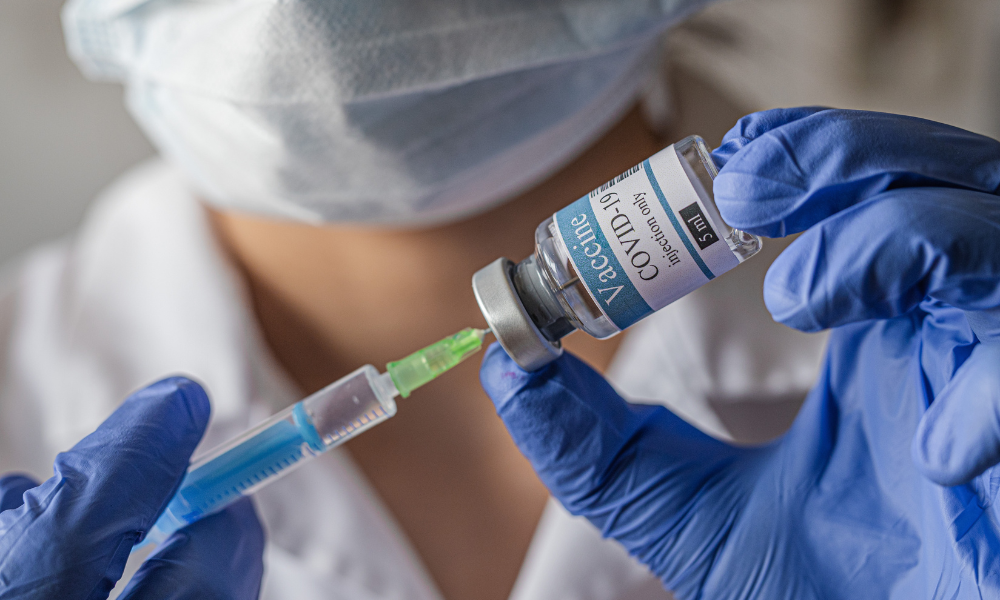
Panel upheld misconduct finding after complaint made that exemptions lacked medical explanation

A hearing panel of an Ontario discipline tribunal has held that the College of Physicians and Surgeons of Ontario succeeded in proving a registrant breached her duty to cooperate with its investigation and committed acts of professional misconduct.
The case of College of Physicians and Surgeons of Ontario v. Kilian, 2025 ONPSDT 14, arose from a September 2021 complaint to the regulator about a doctor signing COVID-19 vaccine exemptions lacking any medical explanation for why patients deserved them. Instead, the exemptions allegedly referred to the Canadian Charter of Rights and Freedoms and the Nuremberg Code.
That same month, another person notified the regulator that this particular registrant was participating in anti-vaccination protest rallies and standing against COVID-19 vaccines. The regulator investigated the registrant’s conduct.
The registrant refused to give the information requested by the investigator for over three years before responding to the regulator’s requests last year. Thus, the investigation remained incomplete by the date of the hearing.
In the present proceedings, the regulator claimed that the registrant breached her statutory duty to cooperate with its investigation when she failed to provide the requested information, records, and documents. The regulator argued that the registrant’s acts amounted to professional misconduct or disgraceful, dishonourable, or unprofessional conduct.
The registrant countered that her non-compliance with the requests did not constitute professional misconduct or disgraceful, dishonourable or unprofessional conduct. She explained she was acting on a good-faith belief that the regulator was unlawfully demanding information.
First, the hearing panel of the Ontario Physicians and Surgeons Discipline Tribunal noted that the tribunal had already determined the lawfulness of the regulator’s investigation and its demands for information. The panel said the registrant could not relitigate this determination.
Next, the panel found that the registrant breached her statutory duty to cooperate with the investigation when she failed to respond timely and appropriately to the regulator’s written inquiry under s. 1(1)30 of Professional Misconduct, O Reg 856/93, made under Ontario’s Medicine Act, 1991.
The panel stressed that the duty to cooperate was essential for the regulator to protect the public. The panel held that members of the medical profession would reasonably regard the registrant’s actions as disgraceful, dishonourable, or unprofessional under s. 1(1)33 of the regulation.
The panel said the registrant’s actions were not honest, open, and helpful. The panel added that the registrant frustrated a core element of the regulatory function – investigating potential professional misconduct in line with the duty to regulate the profession in the public interest.
The panel found that the registrant refused to give the information, records, and documents requested by the regulator’s staff for years. Specifically, she failed to identify the patients she exempted or prescribed with other COVID-19 treatments and failed to provide these patients’ medical records.
The panel rejected the registrant’s argument that she believed in good faith that the investigation was unlawful, upon finding this argument failed as a valid defence. The panel added that a mistake of law was also not a defence.